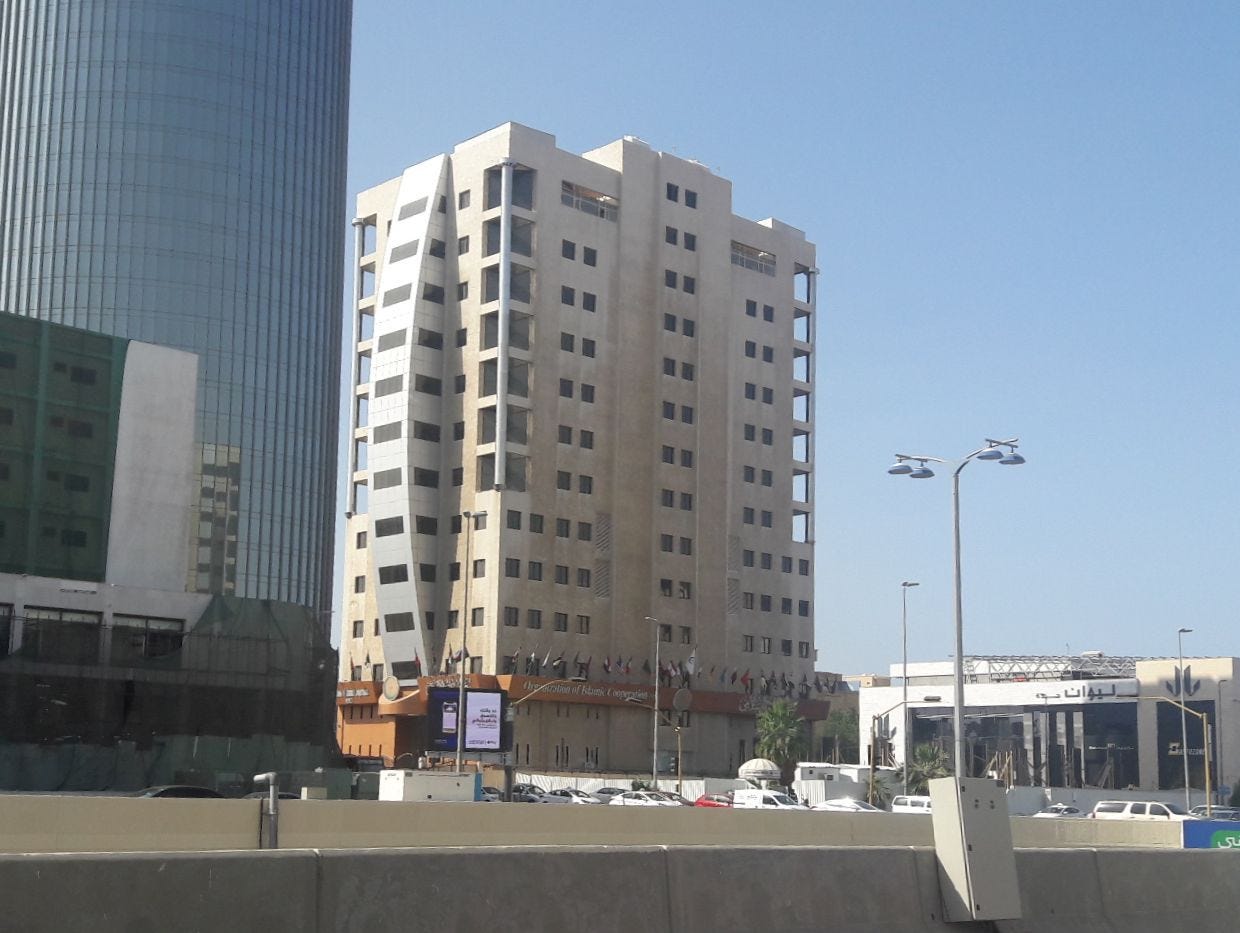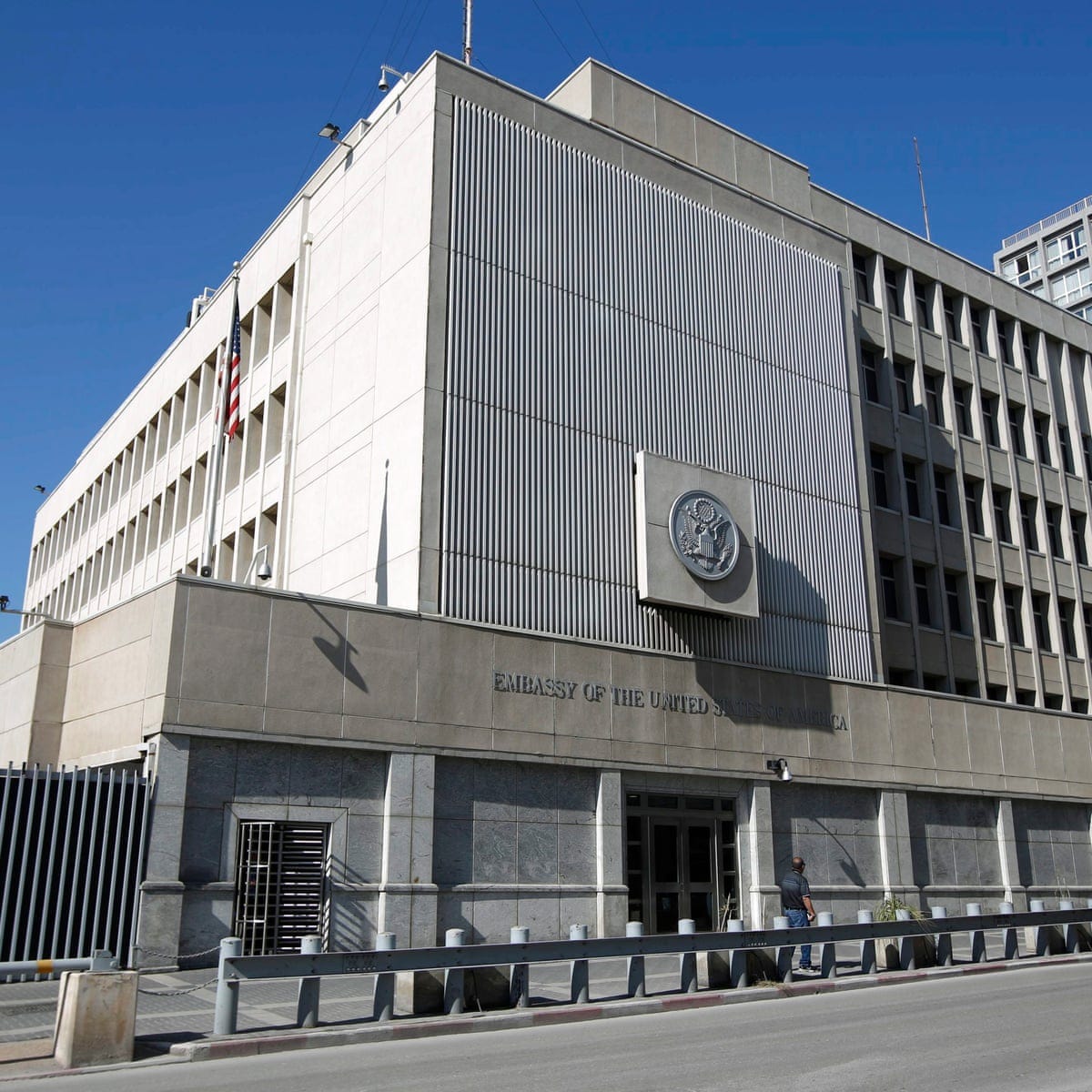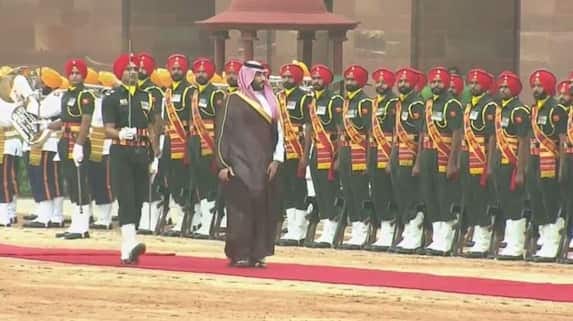Modi-MBS Summit: A Pivotal Point in Indo-Saudi Relations
From Red Carpets to Green Energy: The Modi-Saudi Crown Prince Summit's Crucial Outcomes.
Saudi Crown Prince— A Rare Honour at Rashtrapati Bhavan
The recent visit of Saudi Arabia's Crown Prince and Prime Minister Mohammed bin Salman bin Abdulaziz Al Saud (MBS) to India carries extraordinary significance for both the countries. His decision to extend his stay beyond the G20 Summit clearly signals a watershed moment in Indo-Saudi relations. Even more telling was the exceptional honour bestowed upon him: a ceremonial welcome at Rashtrapati Bhavan, typically reserved only for the officially designated Heads of State. This unparalleled gesture emits a strong diplomatic signal, emphasising not just the growing personal rapport between MBS and Prime Minister Narendra Modi, but also spotlighting the strategic weight India attaches to its relationship with Saudi Arabia.

The New “Spice” Road: The India-Europe Corridor
The India-Europe corridor, formalised during the G20 summit, is much more than a landmark infrastructure project; it is a strategic initiative of significant geopolitical dimensions. Saudi Arabia is not merely a host for the land routes and ports; it is an integral partner in an undertaking that extends the vision beyond traditional maritime routes, offering a compelling alternative to China's Silk Road. By traversing some of the world's most volatile regions, this land-sea corridor required critical diplomatic manoeuvring. The green light for its materialisation could not have been secured without the explicit support of key players like Crown Prince Mohammed bin Salman (MBS) and the U.S. President. This is far from just an economic enterprise; it's a strategic initiative that sends nuanced messages to antagonistic interests globally, both overtly and covertly. The corridor promises not only economic prosperity but also solidifies India's role and leverage on the global stage.
The India-Saudi Arabia Partnership Council
The co-chairing of the India-Saudi Arabia Strategic Partnership Council by Prime Minister Modi and Crown Prince MBS represents far more than just diplomatic posturing. The Council is not merely a venue for dialogue; it serves as the operational backbone for an array of multifaceted initiatives. The commitment to fast-track the colossal $50 billion West Coast refinery project underlines the substantial financial stakes involved. Moreover, the Council's reach goes well beyond oil; the agreements span a wide spectrum that includes emergent sectors like renewable energy, advanced defence capabilities, semiconductor technologies, and even space exploration. This diversified portfolio indicates the breadth of the shared strategic vision, solidifying the mutual desire for a partnership that is both enduring and expansive.
Beyond the Barrel: Pioneering Green Energy
The consistent downturn in global oil prices, remaining stubbornly below the $100 per barrel mark, has served as a wake-up call for Saudi Arabia. No longer can the Kingdom rely solely on its oil reserves for economic stability. Consequently, Saudi Arabia is making concerted efforts to diversify its energy portfolio, increasingly turning towards renewable technologies like solar and wind power. These moves are not merely economically prudent; they are vital responses to global climate imperatives. This presents India with a timely opportunity to step in as a reliable partner. As the world moves towards greener alternatives, India's readiness to contribute to Saudi Arabia's sustainable transformation makes it a partner of strategic importance in a rapidly changing energy landscape.
Saudi Arabia's Moderating Influence in Islamic Nations
Saudi Arabia's role in the Organisation of Islamic Cooperation (OIC) is undeniably influential, but the organisation itself is fraught with internal complexities, including the perennial Sunni-Shia divide. The conventional wisdom surrounding the OIC often tends to simplify its intricate dynamics. These complexities create a geopolitical puzzle that Saudi Arabia, under Crown Prince MBS's leadership, aims to navigate with more finesse than ever before.
The Crown Prince's domestic reforms, such as the landmark decision to permit women to drive, symbolise a broader shift within the Kingdom. It's a shift away from ultra-conservative interpretations of Islam, often advocated by the influential clerics. This change isn't merely superficial; it's a seismic shift in a nation that is home to the Kaaba, the epicentre of the Islamic world.
In this changing landscape, India presents a unique diplomatic asset with its secular ethos and diverse religious populace, including the world's third-largest Muslim population. The nation's pluralism and democratic stability make it an ideal partner for Saudi Arabia as it navigates intricate religious and political reforms. Thus, the Indo-Saudi strategic partnership transcends mere economic or military ties; it resonates with the societal transformations both countries are undergoing. This alliance has the potential to foster a nuanced, inclusive discourse within the OIC, encouraging both domestic reforms and broader diplomatic engagement.
Indo-Saudi Relations Now Unfettered by Pakistan
Long gone are the days when Saudi Arabia's close ties with Pakistan impeded its relationship with India. The global perception of Pakistan has undergone a seismic shift; it is increasingly viewed as a troubled, economically strained state that extends its begging bowl rather than offering a meaningful bilateral agenda. Not only has Pakistan faced financial woes, but it also has a tainted reputation as a safe haven for terrorists. The most glaring example of this was the discovery of Osama Bin Laden's hideout in Abbottabad, a major Pakistani military cantonment. This declining international image of Pakistan gives Saudi Arabia the leeway to strengthen its relationship with India, a burgeoning global power, without diplomatic reservations.
The Israel Dimension in Indo-Saudi Diplomacy
India's burgeoning relationship with Israel has undergone a paradigm shift and is no longer a limiting factor in its engagement with Saudi Arabia. The geopolitics of the Middle East are evolving, with Arab nations such as Egypt and the United Arab Emirates normalising ties with Israel. Even Saudi Arabia, though not officially in diplomatic terms, has softened its position towards the Jewish state, signaling a more mature and nuanced approach to regional alliances.
This evolving landscape aligns remarkably well with India's own diplomatic course. As the United States relocated its embassy to Jerusalem in a move that goes beyond mere symbolism, and with Egypt having long established peace accords, India's burgeoning relationship with Israel ceases to be a diplomatic obstacle. In fact, it could emerge as a strategic asset. Intriguingly, Saudi Arabia itself sustains robust ties with the U.S., which in turn extends near-unconditional support to Israel. This intricate dynamic underlines the flexibility and fluidity of today's international relations, as nations adjust their alliances to navigate the complexities of emerging global challenges.
The Power of Personal Diplomacy
As seasoned negotiators would confirm, the personal rapport between Heads of State can often achieve what protracted diplomatic negotiations have failed to deliver. The special chemistry between MBS, the effective ruler of Saudi Arabia, and Narendra Modi, India's dynamic and decisive Prime Minister, has lifted Indo-Saudi relations to unparalleled heights. This is more than a mere enhancement to conventional diplomacy; it acts as a potent catalyst that surpasses the typical constraints set by ministerial consultations and diplomatic formalities.
While both leaders undoubtedly draw insights from their advisory teams, the crucial and transformative steps in their countries' evolving friendship often crystallise during their private, one-on-one dialogues. These intimate interactions have become the forge for crafting strategic decisions, breaking through the limitations imposed by traditional diplomatic avenues. This burgeoning relationship, vividly exemplified by the extraordinary ceremonial welcome accorded to MBS, stands as a compelling testament to the role of personal diplomacy in sculpting international alliances for a new age.
A Dynamic Alliance: The Blueprint for a New Geostrategic Reality
The recent summit between Modi and MBS isn't merely an episodic event; it marks a pivotal moment in a relationship set on an ascending curve. As India rises to its deserved prominence in the global theatre, erstwhile key players like China and Pakistan may find themselves relegated to the role of spectators. The Summit serves as a testament to the indefatigable diplomatic efforts of Prime Minister Modi, both on the home front and on the international stage.
The resonance of this meeting reverberates far beyond mere bilateral gains, hinting at the burgeoning potential of a Saudi-India axis. Such an alliance, if fully realised, could transform into a potent instrument for fostering peace, prosperity, and regional stability. Both nations are poised on an optimistic trajectory, with the promise of accelerated mutual respect and cooperation that could reconfigure the geopolitical equations of Asia. This is not just another chapter in international diplomacy; it’s a blueprint for a new geostrategic reality.










This was a Super Bowl week with India winning the trophy hands down. Exciting course materials for IFS aspirants to study foreign affairs , diplomacy and above all leadership. There are many takeaways , depends on where you are sitting or standing.
MBS is my personal pick . Two months ago he had Xi in Riyadh , made Biden sweat a little and pay the price of criticizing him. ( Khashogi episode) . Reconciliation with Tehran and throwing the bait to Israel by being part of newly announced Spice Silk Road. ( in future to let Israel be part of it) .Biden was the one who was interested in selfies ( corridor) not the other way around. All master stroke and plan.
Modi has established himself as a statesman and politician both in equal measure. He is making difference in the region if not in the world.
Sadly , our estranged next door neighbor is perhaps going to make itself more irrelevant for the rest if the world.
My $0.2 .
Modi has not only developed relations and friendship with the Middle East Muslim countries, he has also been successful in combining those estranged countries for wide spread connectivity. Modi has also been successful in bringing MBS and Joe Biden closer.